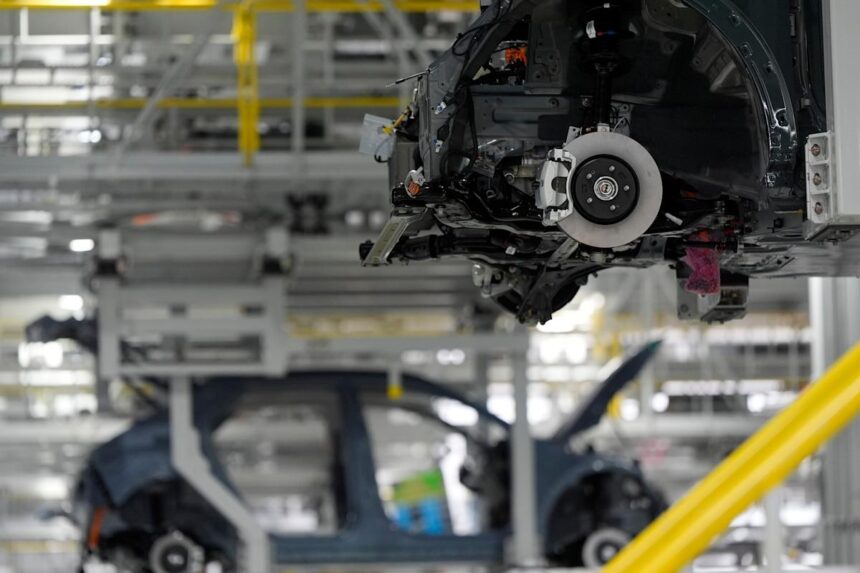Hyundai Motor Group has reaffirmed its commitment to expand its manufacturing operations in Georgia, despite recent challenges stemming from an immigration raid that impacted plans for a new electric vehicle battery plant. The company announced an ambitious $2.7 billion investment aimed at boosting production capacity at its Ellabell facility by an additional 200,000 vehicles annually, bringing the total capacity to 500,000 vehicles by the end of three years.
Originally, Hyundai disclosed this expansion during the plant’s grand opening in March, with intentions to invest an overall $5 billion in the United States highlighted in August. However, the immigration raid—resulting in the arrest of over 300 South Korean citizens—has raised concerns regarding foreign investments in the U.S. market and has complicated the company’s operational plans.
Hyundai’s strategic vision now includes producing 10 different models of electric and hybrid vehicles at the Ellabell site, a significant increase from the two currently in production. The automaker aims to enhance its global production to 5.6 million vehicles annually by 2030, with a commitment that 60% of these will be electric or hybrid. Notably, the company plans to manufacture over 80% of the vehicles sold in the U.S. domestically by 2030, increasing local content from 60% to 80%. This expansion includes the introduction of a mid-sized pickup truck, an important segment in the U.S. automotive market.
Hyundai CEO José Muñoz indicated that the battery plant’s opening would be delayed by two to three months due to the immigration situation but projected that the facility would be operational in the first half of 2026. The raid has prompted discussions between Hyundai executives and Georgia officials to stabilize relations and mitigate potential fallout, which has escalated into a diplomatic issue between South Korea and the United States.
Georgia Governor Brian Kemp expressed confidence in the state’s ability to attract foreign investment, suggesting that the raid might lead to streamlined processes for South Korean workers seeking the necessary legal permissions to operate in the U.S. “I’ve had good conversations with companies that are here doing business in Georgia,” Kemp noted, indicating ongoing discussions with the White House regarding visa matters.
Brent Stubbs, the chief administrative officer at the Ellabell site, emphasized the company’s ongoing dedication to Georgia in an opinion piece, affirming that the immigration raid would not derail the company’s plans for growth and localization in the U.S. The recently confirmed $2.7 billion investment will bolster manufacturing capacity while supporting the existing workforce of 3,129 employees at the Ellabell facility.
Moreover, Hyundai, alongside its joint-venture partner LG Energy Solution, previously announced a substantial $12.6 billion investment in Georgia, with aims to hire at least 8,500 workers by the end of 2031. State and local governments have offered approximately $2.1 billion in tax incentives and other support to facilitate this growth.
The expansion at the Ellabell facility represents a crucial aspect of Hyundai’s global strategy aimed at increasing production by 1.2 million vehicles globally. This broader plan also involves production increments from international sites, including an increase of 250,000 vehicles in Pune, India, and 200,000 more from Hyundai’s electric vehicle plant in South Korea. Additional plans encompass supplying parts for another 250,000 vehicles across assembly plants in regions such as Saudi Arabia, Vietnam, and North Africa.
In line with enhancing its commitment to innovation, Hyundai reiterated its plans to invest in robotics and announced the anticipated launch of extended-range electric vehicles by 2027, aiming to achieve electric battery ranges exceeding 600 miles (approximately 960 kilometers).







